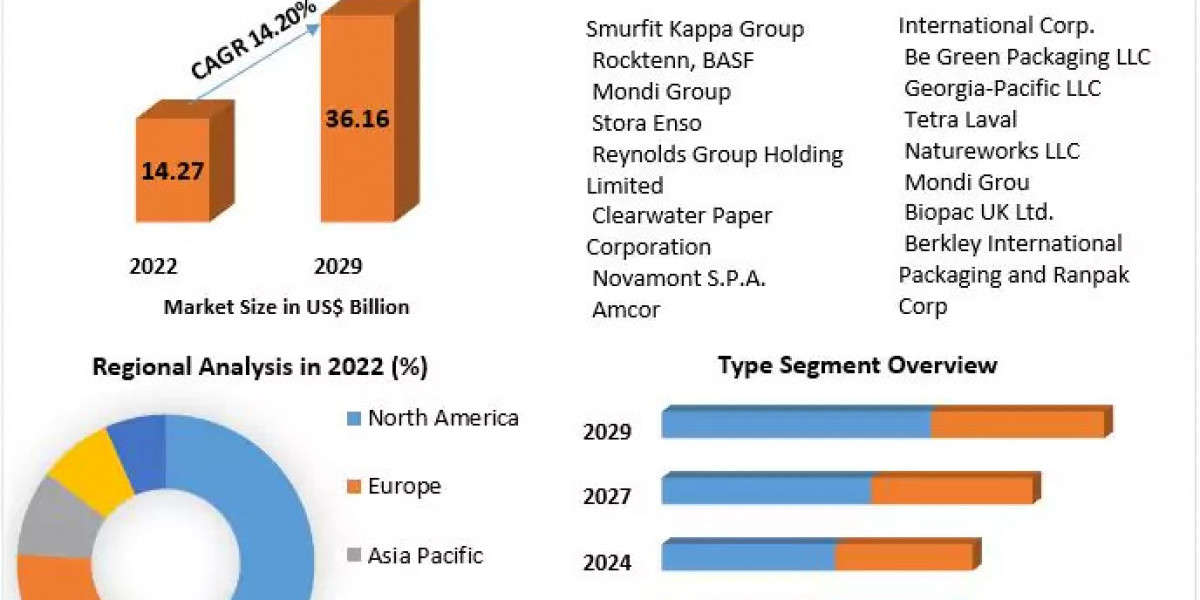Establishing a general trading company in Dubai involves several steps and considerations due to the regulatory environment and the diverse nature of trading activities. Here's a comprehensive guide to help you get started:
Market Research: Conduct thorough market research to identify potential opportunities and demand for various products in Dubai and the broader UAE market. Analyze competition, consumer preferences, and industry trends.
Business Plan: Develop a detailed business plan outlining your company's objectives, target market segments, product range, sourcing strategies, pricing models, marketing strategies, and financial projections.
Legal Requirements: Register your company with the Department of Economic Development (DED) in Dubai or any relevant free zone authority if you opt for a free zone company. Obtain the necessary licenses and permits for general trading activities, including a trade license and approvals from regulatory bodies.
Company Setup: Choose the appropriate legal structure for your business, such as a sole proprietorship, partnership, limited liability company (LLC), or free zone company. Consider factors such as ownership regulations, liability protection, and tax implications.
Bank Account: Open a corporate bank account with a reputable bank in Dubai. Ensure compliance with banking regulations and provide the necessary documentation, including business licenses and identification documents for shareholders and directors.
Office Space: Secure suitable office space for your trading operations. This could be a physical office, a virtual office, or a co-working space, depending on your budget and requirements.
Sourcing Suppliers: Identify reliable suppliers and manufacturers for the products you intend to trade. Establish partnerships and negotiate favorable terms regarding pricing, payment terms, quality standards, and delivery schedules.
Product Range: Determine the range of products you will trade based on market demand, consumer preferences, and your expertise. This could include consumer goods, electronics, textiles, building materials, food products, and more.
Import and Export Procedures: Familiarize yourself with import and export regulations, customs procedures, and documentation requirements in Dubai and the UAE. Ensure compliance with tariff codes, import duties, and VAT regulations.
Distribution Channels: Develop effective distribution channels to reach your target customers. This may involve selling directly to retailers, wholesalers, distributors, or end consumers through e-commerce platforms or physical stores.
Marketing and Branding: Develop a strong brand identity and marketing strategy to promote your trading company. Utilize digital marketing channels, trade shows, networking events, and other promotional activities to reach potential customers and build brand awareness.
Quality Control: Implement quality control measures to ensure the products you trade meet safety, health, and regulatory standards. Conduct regular inspections and audits of suppliers and products to maintain quality consistency.
Financial Management: Establish robust financial management practices, including budgeting, accounting, invoicing, and cash flow management. Monitor expenses, revenues, and profitability closely to ensure financial sustainability.
Compliance and Regulations: Stay updated on changes in local regulations, trade laws, and compliance requirements relevant to your trading activities. Ensure adherence to taxation, customs, and licensing regulations to avoid legal issues.
By following these steps and considerations, you can establish a successful general trading company in Dubai and capitalize on the city's strategic location, business-friendly environment, and diverse market opportunities.







